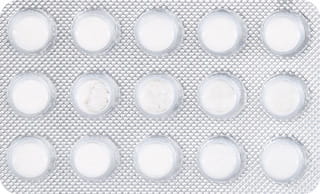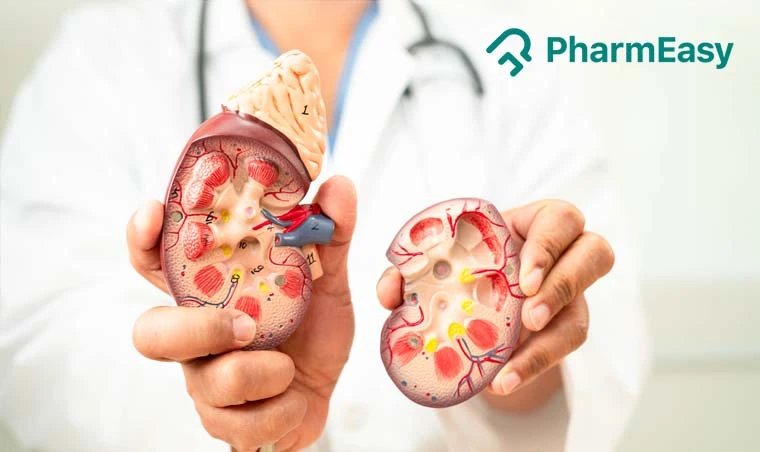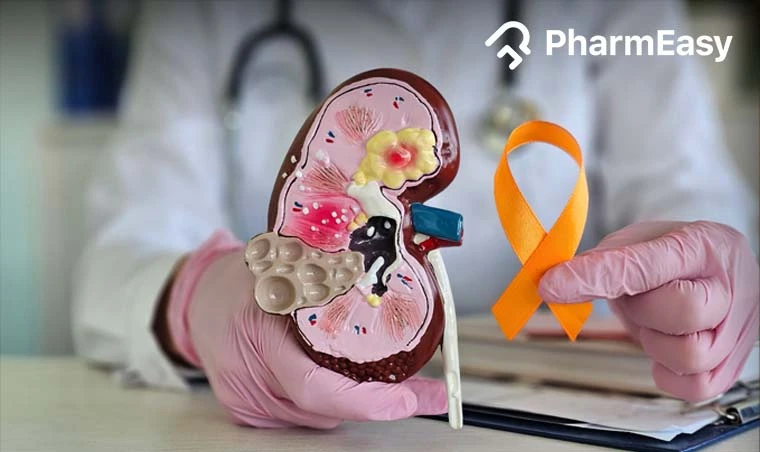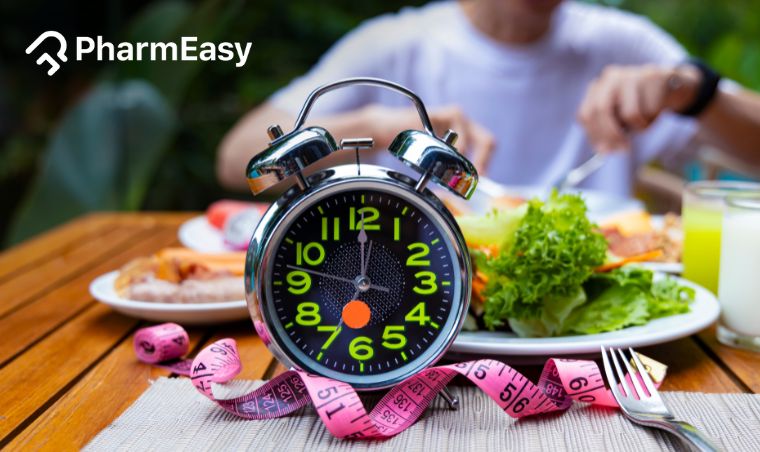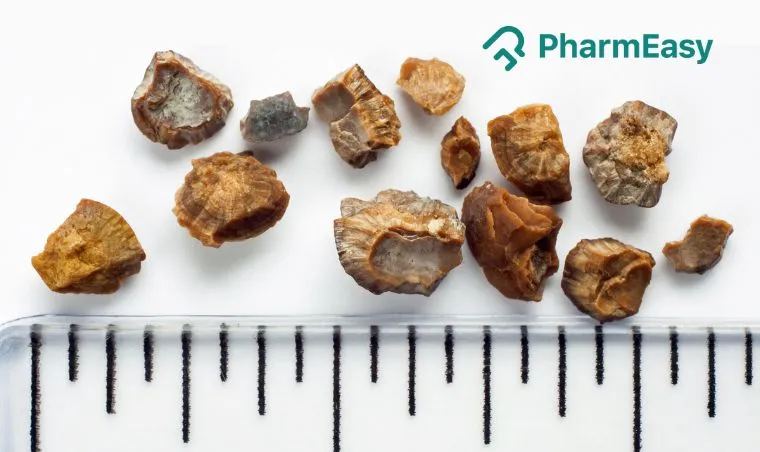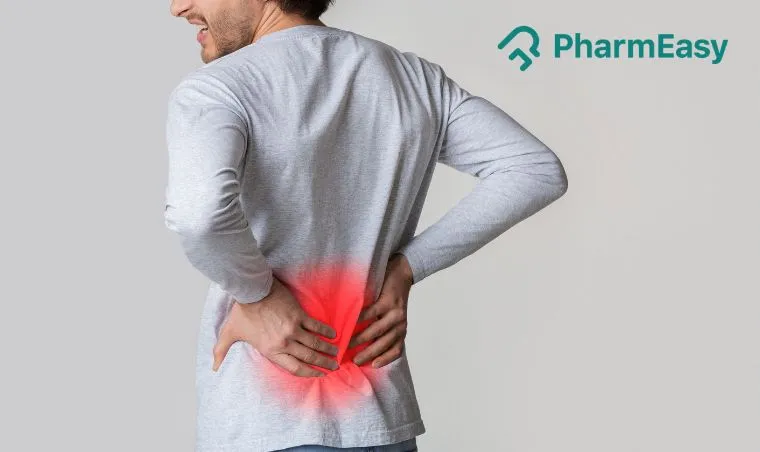Dytor 10 Tablet
Description
Dytor 10 Tablet is a prescription diuretic medicine, commonly referred to as a “water pill,” used to help the body eliminate excess fluid and reduce high blood pressure. Removing extra water and salt through increased urine production helps lower blood pressure and decreases the strain on the heart and blood vessels. In addition to managing hypertension, it is frequently prescribed to reduce swelling (oedema) that can occur in the legs, ankles, and other parts of the body due to conditions such as congestive heart failure, chronic kidney disease, or liver disorders like cirrhosis.
The active ingredient in Dytor 10 Tablet is torsemide, a potent loop diuretic. Torsemide works by acting on a specific part of the kidneys called the loop of Henle, where it blocks the reabsorption of sodium, chloride, and water. This leads to increased urine output, which helps remove excess fluid from the body. By reducing fluid overload, it not only eases swelling but also helps improve symptoms such as shortness of breath, especially in people with heart failure.
Other medicines that contain torsemide in the same strength include Tide 10 tablet, Torget 10 tablet, Torsinol 10 tablet and Torsid 10 tablet. While these products have the same active ingredient and similar effects, the choice of brand may depend on availability, affordability, or physician preference. Regardless of the brand, it is important to follow the exact dosing schedule and treatment duration prescribed by the doctor to ensure effectiveness and avoid complications.
Dytor 10 Tablet should be taken at the dose and frequency recommended by your healthcare provider. It can be taken with or without food, preferably at the same time each day to maintain consistent blood levels. Because it increases urine output, taking it earlier in the day is usually advised to avoid nighttime urination. Skipping doses or taking more than prescribed can affect blood pressure control and may lead to dehydration or electrolyte imbalance.
Before starting Dytor, patients should inform their doctor if they are pregnant, planning to become pregnant, or breastfeeding. They should also provide a complete medical history, especially regarding kidney or liver problems, gout, diabetes, or low blood pressure. It is important to mention all medications, supplements, and herbal products being taken, as torsemide may interact with other drugs such as blood pressure medicines, certain antibiotics, or lithium. Regular monitoring of blood pressure, kidney function, and electrolyte levels helps ensure the safe and effective use of this medication.
Product Summary
| Offer Price | ₹84.74 |
| You Save | ₹28.25 (25% on MRP) |
| Contains | Torasemide / Torsemide(10.0 Mg) |
| Uses | High blood pressure, edema (swelling of limbs and body) |
| Side effects | Headache, dizziness, muscle pain, nausea, constipation |
| Therapy | DIURETIC |

 Torsinol 10mg Strip Of 10 TabletsBy Knoll Healthcare Pvt Ltd10 Tablet(s) in StripMRP 44.00₹ 31.6837% CHEAPER₹ 3.17/Tablet
Torsinol 10mg Strip Of 10 TabletsBy Knoll Healthcare Pvt Ltd10 Tablet(s) in StripMRP 44.00₹ 31.6837% CHEAPER₹ 3.17/Tablet Dyloop 10mg Strip Of 15 TabletsBy Sinsan Pharmaceuticals Pvt Ltd15 Tablet(s) in StripMRP 84.38₹ 67.5011% CHEAPER₹ 4.50/Tablet
Dyloop 10mg Strip Of 15 TabletsBy Sinsan Pharmaceuticals Pvt Ltd15 Tablet(s) in StripMRP 84.38₹ 67.5011% CHEAPER₹ 4.50/Tablet Tor 10mg Strip Of 15 TabletsBy Intas Pharmaceuticals Ltd15 Tablet(s) in StripMRP 71.72₹ 60.2420% CHEAPER₹ 4.02/Tablet
Tor 10mg Strip Of 15 TabletsBy Intas Pharmaceuticals Ltd15 Tablet(s) in StripMRP 71.72₹ 60.2420% CHEAPER₹ 4.02/Tablet Torvigress 10mg Strip Of 10 TabletsBy La Renon Healthcare Pvt Ltd10 Tablet(s) in StripMRP 52.50₹ 41.4818% CHEAPER₹ 4.15/Tablet
Torvigress 10mg Strip Of 10 TabletsBy La Renon Healthcare Pvt Ltd10 Tablet(s) in StripMRP 52.50₹ 41.4818% CHEAPER₹ 4.15/Tablet
Uses
Contraindications
- If you are allergic to this medicine or any other ingredients of the Dytor 10 tablet.
- If you are allergic to sulphonylureas like chlorpropamide and glimepiride.
- If you have heart conditions like an abnormal heartbeat.
- If you have severe kidney failure.
- If you have a low blood volume or low blood pressure.
- If you are pregnant or breastfeeding.
- If you are taking antibiotics to treat certain infections.
Side effects
- Headache
- Dizziness
- Muscle twitches or spasms
- Nausea
- Vomiting
- Diarrhoea
- Fatigue (tiredness)
Precautions and Warnings
Pregnancy
Breast Feeding
Driving
Alcohol
Other General Warnings
- You have dehydration, salt imbalance or problems with passing urine, don't have an adequate amount of water and fluids.
- You have gout, frequent monitoring of uric acid levels is advised.
- You are diabetic, then regular monitoring of glucose is needed.
- You are expected to monitor salt levels, glucose, uric acid and lipid levels regularly if you have been prescribed this medicine for long-term treatment.
Directions for Use
Storage and disposal
- Store in a cool and dry place away from light and moisture.
- Keep it out of the reach of children and pets.
- Discard any unused medicine properly.
Quick Tips
- Some individuals may experience headache, stomach pain, diarrhoea, itchiness, and nausea/vomiting as side effects while using Dytor 10 mg. Inform your doctor if these effects bother you or do not go away....
- Take this medicine in the exact dose and duration as recommended. Do not take more than the prescribed dose.
- Do not take any medicine alone without confirming with your doctor during treatment with this medicine.
- It can result in dehydration, salt imbalance, or electrolyte imbalance.
- Excess salt and potassium should be avoided in your diet. You should also exercise regularly and avoid alcohol and smoking while taking this medication.
- Some individuals may experience loss of appetite, stomach pain, fatigue, and nausea/vomiting after taking the Dytor 10mg tablet. Inform your doctor if these effects bother you or do not go away.
- If you experience dizziness or sleepiness after taking this tablet, avoid driving, operating heavy machinery, or performing tasks requiring mental alertness.
- Dytor 10 mg tablets should not be used in patients with kidney disease or impairment, as prolonged use increases the risk of severe adverse effects.
Dosage
Overdose
Missed a Dose
Mode of Action
How Does It Work?
Interactions
Interactions with other medicines
- Certain medicines can affect the way Dytor 10 tablet works or this tablet itself can affect the action of other medicines taken at the same time.
- Tell your doctor about all the medicines, supplements or herbals you are currently taking or might take to avoid any possible interaction.
- Especially if you are taking medicines like antibiotics, medicines used to treat gout, diabetes, mental health, blood pressure, muscle relaxants, pain killers, blood thinners, water pills (potassium spraying type), anti-depressants, etc....
Interactions with food items
Content Details
Dr. Arpit Verma
MBBS, MD, CCEBDM Diabetology
Dr. Ritu Budania
MBBS, MD (Pharmacology)
Frequently Asked Questions (FAQs)
Q: Does Dytor 10 increase creatinine?
Q: Can I stop taking Dytor 10 tablet on my own if I feel better?
Q: Are there any dietary restrictions I should follow as I have high blood pressure?
Q: What are the side effects of Dytor?
Q: What should I do if I have dizziness after taking Dytor 10 tablet?
Q: Can Dytor 10 tablet be taken every day?
Q: What is the difference between Dytor and Dytor Plus?
Q: Does Dytor affect the kidney?
Q: Can I take the Dytor 10 on an empty stomach?
Q: How long does it take the Dytor to work?
Q: Does Dytor increase urination?
Q: Does Dytor cause cough?
Q: Are Dytor and Lasix the same?
Q: Can you take Dytor and etoricoxib tablets together?
Q: Does Dytor increase urination?
Q: Can Dytor cause dehydration?
Q: What is the difference between Dytor 10 mg and Lasilactone 50 mg?
Q: Can Dytor 10 mg be used for muscle gain or ventricular hypertrophy?
References
- CDSCO [Internet]. Cdscoonline.gov.in. 2022 [cited 9 August 2022]
- Torem 10 mg Tablets - Summary of Product Characteristics (SmPC) - (emc) [Internet]. Medicines.org.uk. 2022 [cited 9 August 2022]
- DrugBank. Torasemide. 2024 [cited 23 December 2024].
- Simpson J, Seligman M, Spector L, et al. Torasemide. A review of its pharmacological properties and therapeutic potential. J Clin Psychopharmacol. 1991 Apr;11(2):109-14. doi: 10.1097/00004714-199104000-00004. 2024 [cited 23 December 2024].
- Mayo Clinic. Torsemide (Oral route). Mayo Clinic. 2024 [cited 23 December 2024].
- ScienceDirect. Torasemide. 2024 [cited 23 December 2024].
Did you find this medicine information helpful?
Please rate your experience
Other Products from this Brand
- DYTOR PLUS 10MG STRIP OF 15 TABLETS
- DYTOR 5MG STRIP OF 15 TABLETS
- DYTOR PLUS 5MG STRIP OF 15 TABLETS
- DYTOR 20MG STRIP OF 15 TABLETS
- DYTOR E 10MG STRIP OF 20 COMBIKIT TABLETS
- DYTOR 40MG STRIP OF 10 TABLETS
- DYTOR PLUS LS 10MG STRIP OF 15 TABLETS
- DYTOR PLUS 20MG STRIP OF 15 TABLETS
- DYTOR 100MG STRIP OF 10 TABLETS
